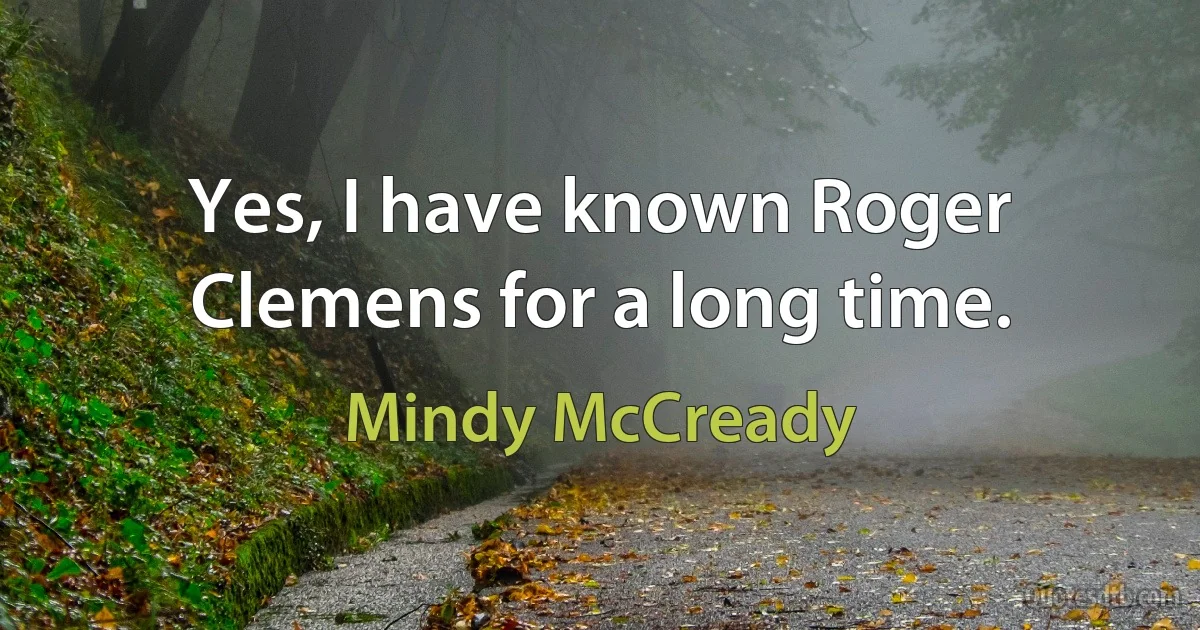Clemens Quotes
About belief or lack of belief in an afterlife: Some of you may know that I am neither Christian nor Jewish nor Buddhist, nor a conventionally religious person of any sort.
I am a humanist, which means, in part, that I have tried to behave decently without any expectation of rewards or punishments after I'm dead. My German-American ancestors, the earliest of whom settled in our Middle West about the time of our Civil War, called themselves "Freethinkers," which is the same sort of thing. My great grandfather Clemens Vonnegut wrote, for example, "If what Jesus said was good, what can it matter whether he was God or not?"
I myself have written, "If it weren't for the message of mercy and pity in Jesus' Sermon on the Mount, I wouldn't want to be a human being. I would just as soon be a rattlesnake."

Kurt Vonnegut
Never - never in my whole life - has my head spun as much from a book as it did with Rosenberg's Myth. Not because his writings were exceptionally profound, difficult to comprehend or emotionally overwhelming, but because Clemens hammered on my head with the book for minutes on end. (Clemens and Weser were the principal torturers of the Jews in Dresden, and they were generally differentiated as the Hitter and the Spitter.) ‘How dare a Jewish pig like you presume to read a book of this kind?' Clemens yelled. To him it seemed like the desecration of a consecrated wafer. ‘How dare you have a book here from the lending library?' Only the fact that the volume had demonstrably been borrowed in the name of my Aryan wife, and, moreover, that the sheet of notes which accompanied it was torn up without being deciphered, saved me at the time from the concentration camp.

Victor Klemperer
NOTICE. To the next Burglar. There is nothing but plated ware in this house, now and henceforth. You will find it in that brass thing in the dining room over in the corner by the basket of kittens. If you want the basket, put the kittens in the brass thing. Do not make a noise-it disturbs the family. You will find rubbers in the front hall, by that thing which has the umbrellas in it, chiffonier, I think they call it, or pergola, or something like that. Please close the door when you go away. Very truly yours, S. L. Clemens.

Mark Twain
I've mis-signed many a book Rollins or Clemens. My readers quickly become aware. Booksellers will often promote me under both names, and I do plug both at signings. Generally, the fantasy reader has no problem going into the suspense genre. It's harder for the typical suspense reader to go the other direction.

James Rollins
America's Facebook generation shows a submission to standardization that I haven't seen before. The American adventure has always been about people forgetting their former selves - Samuel Clemens became Mark Twain, Jack Kerouac went on the road. If they had a Facebook page, they wouldn't have been able to forget their former selves.

Jaron Lanier
Origen understood it well, having been a pupil of Ammonius Saccas; therefore we see him bravely denying the perpetuity of hell-torments. He maintains that not only men, but even devils (by which term he meant disembodied human sinners), after a certain duration of punishment shall be pardoned and finally restored to heaven. ("De Civit. Dei," I, xxi., c. 17.) In consequence of this and other such heresies Origen was, as a matter of course, exiled. (p. 705)
Origen, Clemens Alexandrinus, Chalcidius, Methodius, and Maimonides, on the authority of the Targum of Jerusalem, the orthodox and greatest authority of the Jews, held that the first two words in the book of Genesis--B-RASIT, mean Wisdom, or the Principle. And that the idea of these words meaning "in the beginning" was never shared but by the profane, who were not allowed to penetrate any deeper into the esoteric sense of the sentence. (p. 727)

Origen


